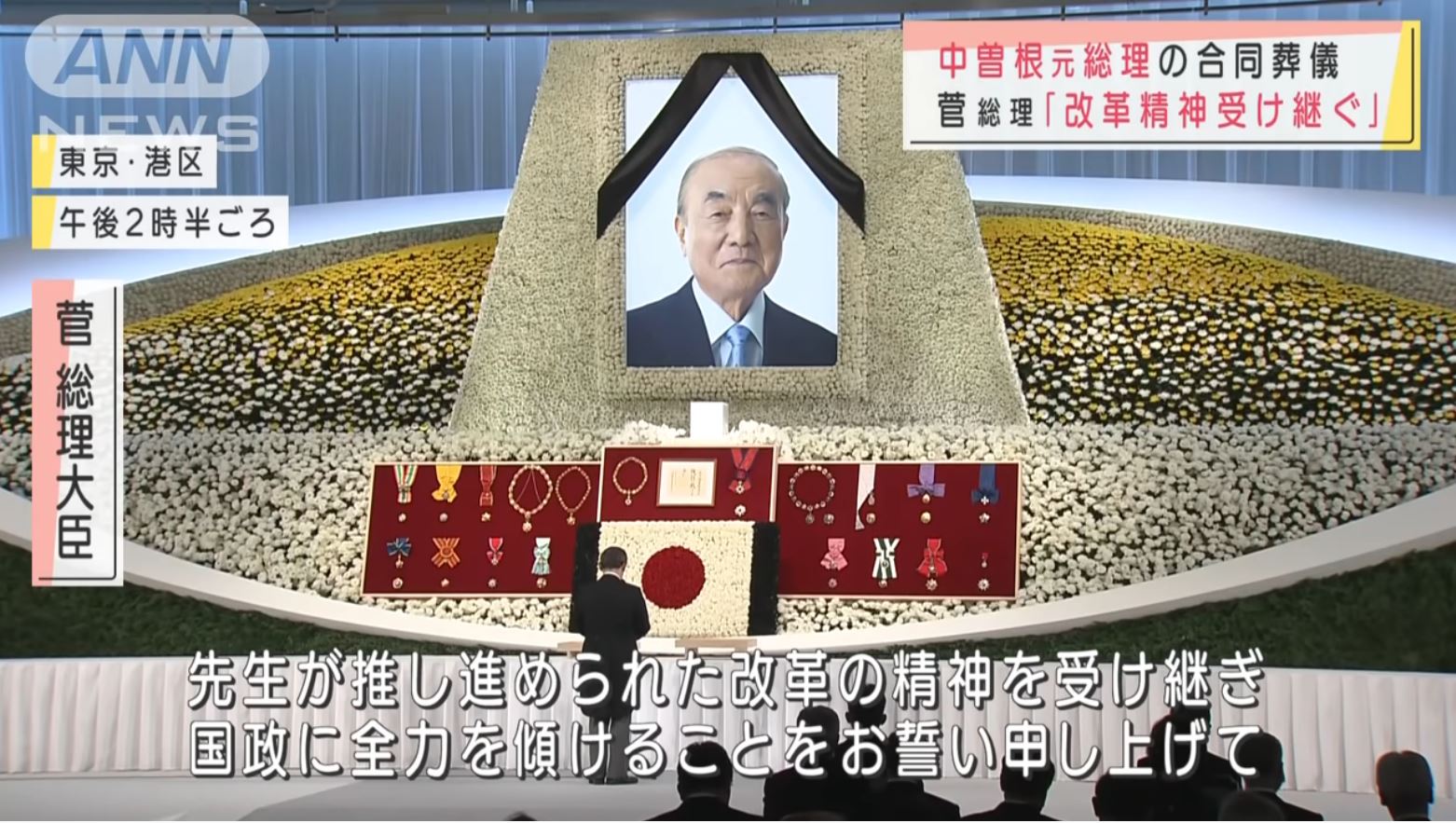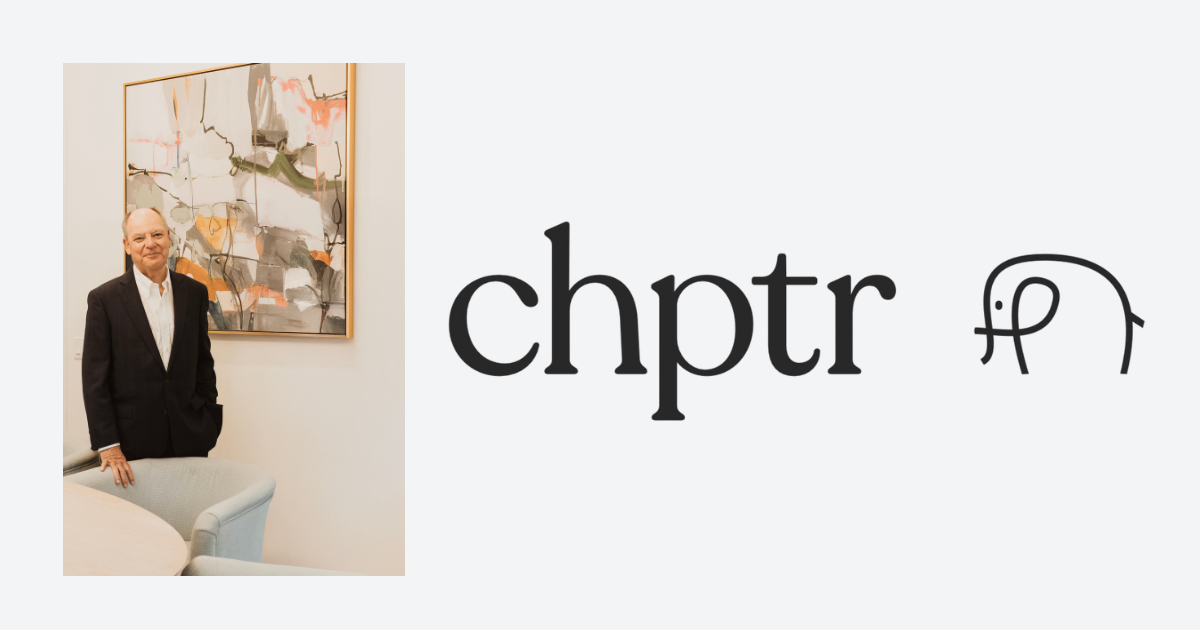Deathcare Controversies Brew Across the Globe
The American deathcare profession has had our share of bad press these past 12 months, with COVID bodies spilling over into unrefrigerated trucks and babies’ bodies being discovered in funeral home attics. This time, though, the controversy seems to have shifted to other countries, as funeral professionals and government authorities in Japan, the Bahamas, and India struggle with their own deathcare-related PR nightmares.
Japan’s $1.8 Million Funeral for 101-Year-Old Government Retiree
According to UK company Sun Life’s most recent ranking of the average cost of dying, you don’t want to die in Japan. Despite a cremation rate of 99.97%, Japan leads the world in funeral pricing, with an average send-off setting you back about $28,793. So perhaps it shouldn’t be so surprising that the funeral for a 101-year-old former prime minister will cost taxpayers a whopping $1.8 million.
When confronted by “tweeting taxpayers” and some senior political figures about the exorbitant price tag, representatives cite the “great man’s stature” and the “need to hire a giant venue that allowed social distancing.” Justifications aside, the seven-figure funeral has brought Japan’s out-of-whack funeral pricing into the public eye.
It’s not just the overall costs, though, that have Japanese consumers up in arms. It’s the way those costs are imposed. A recent Financial Times article cites non-negotiable $100 tips for hearse drivers, $35 for a small pot of tea, and “arrangements” between funeral homes, hospitals, and venues that leave families feeling powerless to go in a different direction. In fact, quibbling about traditional costs for funerals is actually considered “taboo” in the country.
That taboo is slowly disintegrating, though, as more rankings like Sun Life’s and funeral pricing apps are becoming available. (Ryan Thogmartin, have you ever considered taking Price My Funeral international?). One Japanese funeral home comparison app has made disruption its mission, leading with the thought-provoking slogan: “If you select a funeral without making any comparison, you will feel regret in cost and spirit.” And no one wants that.
Bahamas Lay Hurricane Victims to Rest Amid Cost Controversy — Nine Months after Dorian Hit
Hurricane Dorian, a category 5 storm, pounded the Bahama Islands for three full days in September 2019, leaving 70 people dead and at least 300 others missing. In addition, 45% of the homes on the islands were destroyed, leaving 70,000 people homeless. On Abaco, one of the hardest-hit Bahamian islands, 55 of the 60 dead would have to wait nine full months to be laid to rest. Not because of the widespread damage or lack of facilities or workers, but because of a controversy over who was going to pay for the services.
In February 2020, five months after the deaths occured, the Bahamas Funeral Directors Association (BFDA), said it was “shocked and very concerned” that the Bahamian government appeared to have gone back on its promise to foot the bill for the burials. In response, the BFDA offered to invest $300,000 of their organization’s members’ funds to arrange proper burials. However, the government had already contracted directly with one of the BFDA’s member funeral homes to remove the bodies at a “rate almost double that of what law enforcement pays for removals.”
In the end, though, the government’s Disaster Reconstruction Authority paid a total of $358,000 to bury the 55 unidentified bodies ($6,509 each) in late May — at the taxpayers’ expense. According to one news report, the final arrangements included sealed ivory coffins with gold trim, a large bouquet of white flowers for each, and a total of $65,000 for concrete graves in a public cemetery. As the unidentified victims were laid to rest, about 30 people protested at the service “over how the government has handled the process.” Authorities also announced that they will hold a “true and proper service” for Dorian victims after COVID restrictions have been lifted.
Delhi, India Authorities Add Insult to Injury With Forced Late-Night Cremation of Gang-Rape Victim
On September 14, a 19-year-old woman from a poor community in India was attacked and gang-raped by four upper-caste men. She survived for 14 days in a hospital before succumbing to her injuries on September 28. A few hours later, at 2:00 a.m. local time, authorities and police cremated the victim’s body against the family’s wishes. The action led to protests and outrage in the district of Hathra, where the victim lived. Hathras is home to the lowest caste of people in India, and violent crimes against Hathran women are rampant.
Multiple outlets reported that the woman’s mother begged authorities to let her take her daughter’s body home to perform funeral rites and hold a cremation ceremony the next morning. Instead, the victim’s brother said, the family was “put behind barricades they formed using the police force. We would not even see the face of our dead sister.” Police have not yet made a statement about their rush to cremate the woman in the middle of the night.




